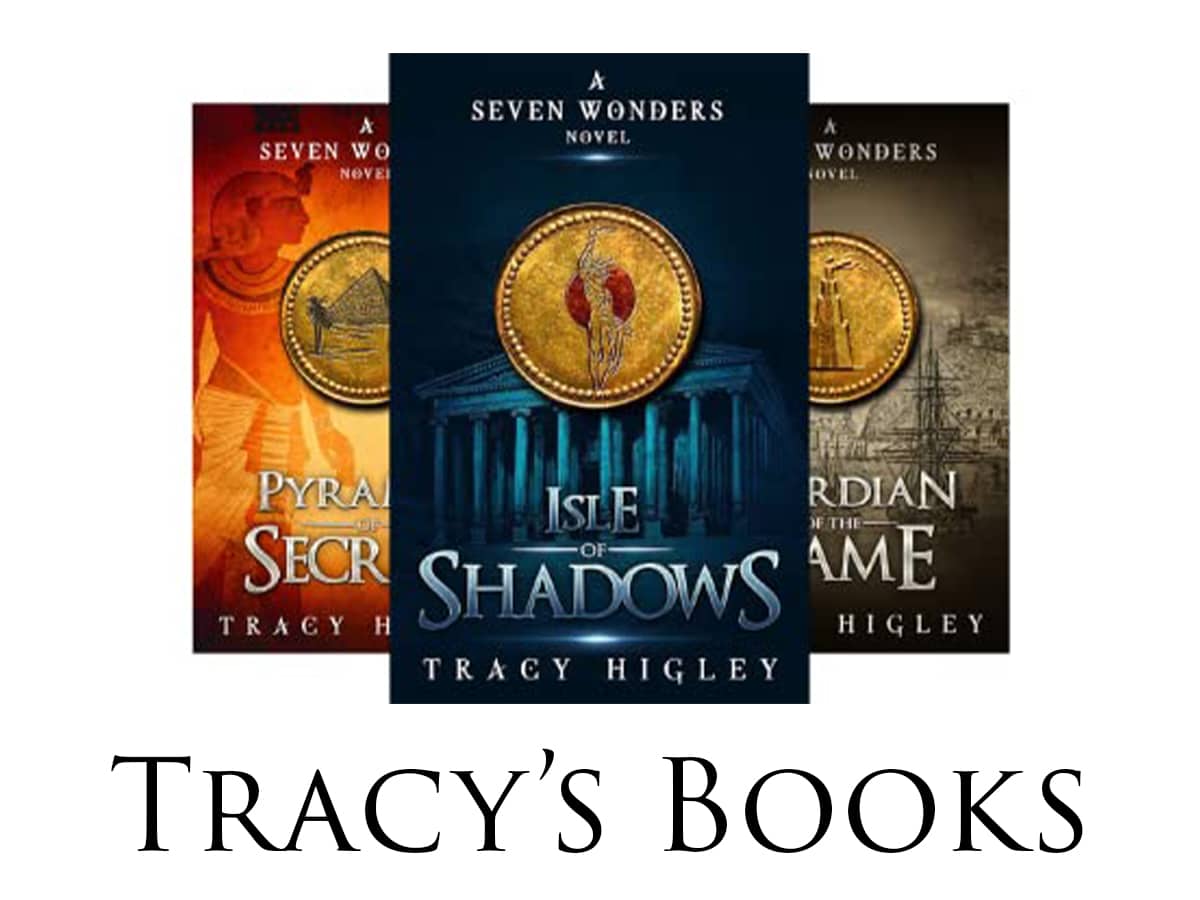Time Travel!
Wouldn’t we all just love to be able to jump back in time, to visit another era?
Or maybe you’d rather jump forward, to get a sneak peek at the future?
I’ve been wishing for time travel (and fascinated by it) since childhood. How about you?
[My secret childhood wish cropped up in various places – from wanting to be a historical re-enactor in my nearby city of Philadelphia, to writing plays for the neighborhood kids so we could all pretend together.]
Time Travel has been the backdrop for a huge number of books and films over the years, starting most notably in 1895 with H.G. Wells’ The Time Machine.
By the mid-1980s, time travel blasted into popularity with Back to the Future and The Terminator.
We were hooked!
But does trying to figure out time travel books and movies scramble your brain?
You should try writing it!
Here’s a quick rundown on the problems we writers face when creating works in this super-popular genre:
The Grandfather Paradox
Perhaps you’ve heard this one.
What if you went back in time, and decided to kill your own grandfather? You would prevent your own birth, and in essence, cause yourself to cease to exist.
But if you were never born, you could not go back in time to kill your grandfather. Grandpa lives! And so do you!
But since you’re born, you decide to go back in time to kill your grandfather.
Which prevents your birth.
Which means you can’t go back to kill your grandfather…
I think you see where I’m going with this. (In a circle!)
This basic paradox, which happens when you travel back in time and make changes to the future, forces us writers to make creative and literary choices.
Usually, we choose of these options…
It’s All Up for Grabs…
In this choice, the time traveler can go back in time, change the past, and a “butterfly effect” can spread outward, changing anything and everything in the future. This choice makes the story exciting, as there is a lot at stake, but it also causes problems, because by changing everything, you are likely to change the event that took you back in time in the first place, erasing your reason for going backward, and we’re back to the Grandfather Paradox.
Or maybe it’s a Stable Time Loop…
In this choice, nothing you do in the past actually changes anything. Either your actions don’t “take” and therefore don’t matter (this is hard for writers, since the plot tension quickly deflates if nothing matters), or your actions become the cause of what already happened all along. In other words, what can happen when you go back in time is limited to what already did happen. (For Terminator fans, a good example is the way in which Kyle Reese goes back in time to protect John Connor’s mother and ends up becoming John’s father, which (surprise!) was what always happened.)
This strategy is used frequently. Let’s go back in time to fix the past. Oops, it turns out our going back in time is what caused the problem in the first place. Bummer.
Or perhaps we go with the Many-Worlds Interpretation…
When going back in time would cause the future to be changed, writers must decide if our traveling hero returns to a different life, or if time suddenly “splits” into multiple universes, with the old familiar future remaining the same somewhere, but with our hero now following along a new timeline, into a parallel universe where everything is changed.
If you’re an Avenger fan, you’ll recognize this “multi-verse” strategy (as opposed to a “universe”) as foundational to the Marvel franchise.
The Tourists-from-the-Future Problem
Another paradox gumming up the probability of time travel… If it’s possible, why aren’t we, in the words of Stephen Hawking, “overrun by tourists from the future”?
Hawking proposed that perhaps time travel is possible, but only in a certain region of spacetime that has become warped, and if that region doesn’t exist yet, we can’t “receive” future travelers here yet. In other words, perhaps in the future, people will be overrun by tourists from the future.
Carl Sagan suggested that time travelers are among us, but for reasons unknown to us have disguised their futuristic identity. (I’ll bet you can name a few books and films with that premise!)
Here’s a fun video that gives you a rundown of Time Travel in fiction:

I’ve been working on writing my own time travel series, having lots of fun, but WOW, it gets complicated! Since I have a time-traveling protagonist who also has time-traveling parents she’s attempting to locate, the “timelines” are intense.
Time Travel in Books & Movies
Here are a few of my favs. Check them out if you haven’t read or watched them!
Movies:
- Bill and Ted’s Excellent Adventure
- About Time
- Back to the Future
- Groundhog Day
- Doctor Strange
- Avengers: Endgame
- Planet of the Apes (1968 version)
- Interstellar
- Doctor Who
Books:
- Harry Potter and the Prisoner of Azkaban by J.K. Rowling
- A Wrinkle in Time by Madeline L’Engle
- The Time Machine by H.G. Wells
- Time and Again by Jack Finney
- Doomsday Book by Connie Willis
- The Eyre Affair by Jasper Fforde
- The Time Traveler’s Wife by Audrey Niffenegger
- 11/22/63 by Stephen King
- The First Fifteen Lives of Harry August by Catherine Webb
- The Seven and ½ Deaths of Evelyn Hardcastle by Stuart Turton
- A Time to Seek: The Time Travel Journals of Sahara Aldridge by… ME!






